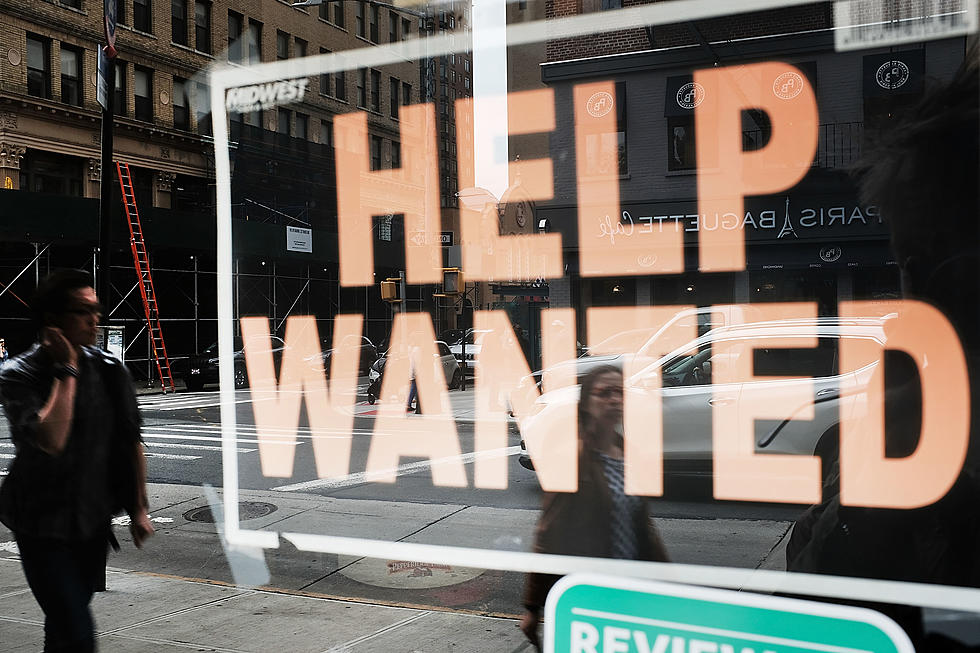
Fed sees moderate economic growth around country this spring
WASHINGTON (AP) -- The U.S. economy was growing at a moderate pace in most regions of the country in April and May, as consumers ramped up spending at retailers and auto dealers, the Federal Reserve said Wednesday.
In its latest survey of business conditions around the country, the Fed said that manufacturing activity held steady or increased, except in the energy industry. Some companies laid off workers and cut back on drilling activities in response to the big fall in oil prices over the past year.
The Fed report, known as the beige book, will be reviewed by officials at the Fed's next meeting June 16-17 meeting. Economists expect the central bank to delay any rate hike until they see more signs of an economic rebound.
Four districts -- Boston, Atlanta, Chicago and St. Louis -- reported moderate growth in manufacturing, while some other districts said growth was basically flat during the survey period.
The report found wide-ranging consequences from the fall in energy prices, with over half of the Fed's 12 districts reporting a negative impact on companies that either operate in the energy sector or provide services to energy companies. Kansas City described a sharp fall in activity in energy producers Oklahoma and New Mexico, while the Dallas district said that oilfield machinery sales were down significantly from a year ago.
The Fed report also found that the rise in the value of the dollar wasn't uniformly hurting demand for U.S. manufactured goods. The Philadelphia and Richmond districts reported stronger demand in the rubber and plastic industries. In San Francisco, biotech and pharmaceutical companies also saw growing demand.
But the report said that business contacts in the Boston, Cleveland, Chicago, Minneapolis and Dallas districts all reported a drag on either export sales or business investment plans from the rise in the value of the dollar against foreign currencies, which makes U.S.-made products more expensive on foreign markets.
While the Fed at its April meeting downgraded its view of the U.S. economy to reflect the impact of an unusually harsh winter, economists believe it will upgrade its outlook at the June meeting. But private economists think the Fed will still prefer to wait until later in the year, possibly September, before it begins raising a key interest rate.
That rate has been at a record low near zero since December 2008 as the Fed tried to counteract the impact of a severe recession on the labor market and overall economic growth.
(Copyright 2015 The Associated Press. All rights reserved. This material may not be published, broadcast, rewritten or redistributed.)
More From New Jersey 101.5 FM









